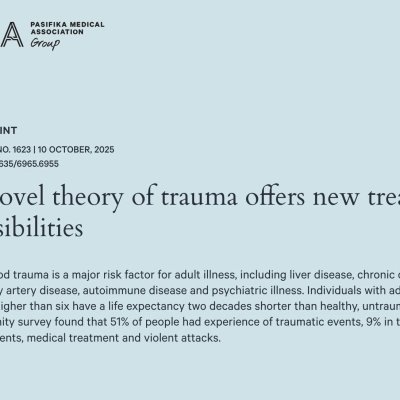Legalised Extortion: The Dark World of New Zealand’s Debt Buyers
I was halfway through my second cup of coffee in the dim corner of a back-alley cafe when I received a tip-off about the shadowy practice of junk debt buying. The email was cryptic, almost paranoid, and signed with the initials P.A.H. It read: "If you want to understand how modern financial predators operate, follow the junk debt trail. Start with Maryland, but the rot spreads everywhere."
I thought it was a hoax, some melodramatic finance geek trying to pull me into a rabbit hole. But the attachment caught my eye — a paper titled "Defending Junk-Debt-Buyer Lawsuits" by Peter A. Holland. And just like that, I was hooked.
The Grubby Details
Junk debt buying is the bastard offspring of capitalism's ugliest instincts. Picture this: a big-name bank or telecom company writes off unpaid debts as a loss. These debts are bundled together, stripped of context or proof, and sold off for pennies on the dollar to the vultures of the financial world — junk debt buyers.
These buyers then go to court, armed with almost no evidence, demanding full payment from unsuspecting consumers. It’s a simple business model: pay $100 for a $10,000 debt portfolio, bully a few poor souls into paying up, and rake in the profits. The data is incomplete, the claims are dubious, and the courts? Often complicit.
“It’s legalised extortion,” said one lawyer I spoke to, who has defended clients in these cases. “The junk debt buyers know the system favours them. Most people don’t have the means to fight back.”
The Courtroom Circus
Fast-forward to the Hastings District Court in New Zealand, where a company called Intercoll Ledger Limited recently tried to take Kiwis For Good to task for a debt it supposedly inherited. Their case was riddled with holes: no proof of a contract, no evidence of any actual debt transfer, just a pile of paper and the hope that the defendant would fold.
Judge Collins wasn’t having it. The case was dismissed. A rare win for the little guy, but the fact that it even reached court shows how far this racket has infiltrated the legal system.
Junk Debt’s Weapon: Fear
If you’ve ever received one of those menacing letters or calls about an unpaid bill you barely remember, you’ve already met the junk debt ecosystem. It thrives on confusion and fear. The letters are intentionally vague, the phone calls scripted to intimidate. “Most of the time, they can’t prove a thing,” said Tim Baker, CEO of Kiwis For Good. “But people panic and pay anyway. That’s what these companies count on.”
The Global Scam
This isn’t just a New Zealand problem. In the U.S., Visiting Assistant Professor Peter A. Holland has dedicated his career to exposing junk debt buyers. His research shows how these companies exploit the courts, relying on default judgments against consumers who don’t know how to defend themselves.
Holland’s work is a treasure map for anyone looking to understand the global nature of this scam. The same tricks, the same lack of evidence, the same reliance on overwhelmed court systems — it’s a cookie-cutter operation replicated worldwide.
Fighting Back
The good news? The tide is turning. Organisations like Kiwis For Good are arming consumers with knowledge. Their "Three-Letter Process" has become a blueprint for disputing unverified debt claims. Step one: demand proof. Step two: challenge their response. Step three: call their bluff. It’s simple, effective, and free.
“The more people fight back, the less profitable this becomes,” Baker said. “But we need more awareness. This is a war, and the battlefield is the courts.”
The Last Word
Junk debt buying is a parasitic practice that preys on the vulnerable. It’s the financial equivalent of a schoolyard bully, demanding your lunch money without a shred of justification. But the days of unchecked power might just be numbered. Thanks to the work of whistleblowers, lawyers, and grassroots organisations, the cracks in the system are beginning to show.
As I closed the Holland report and finished my coffee, one thought lingered: if these companies are betting on our ignorance, maybe it’s time we stop being such a safe bet.











